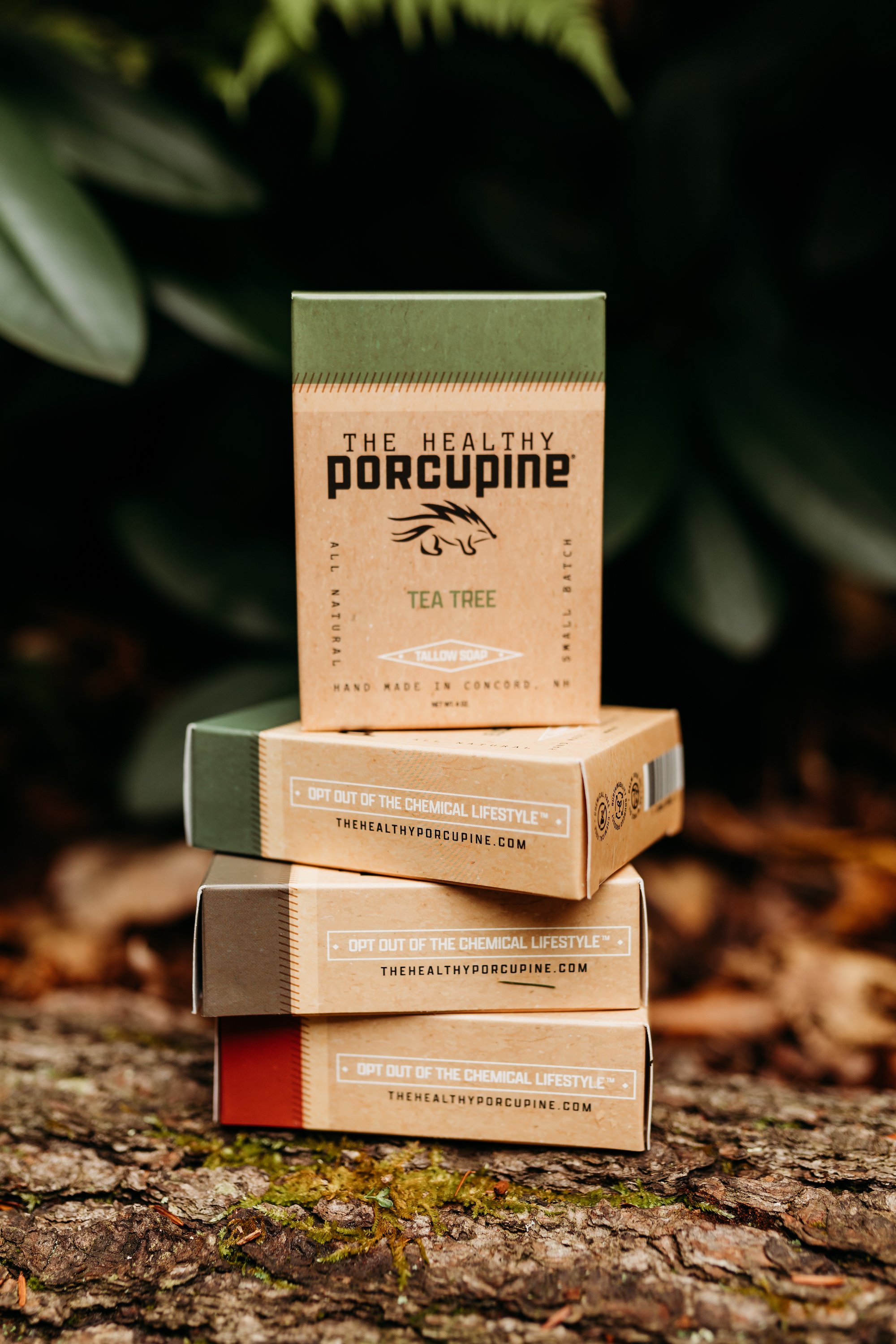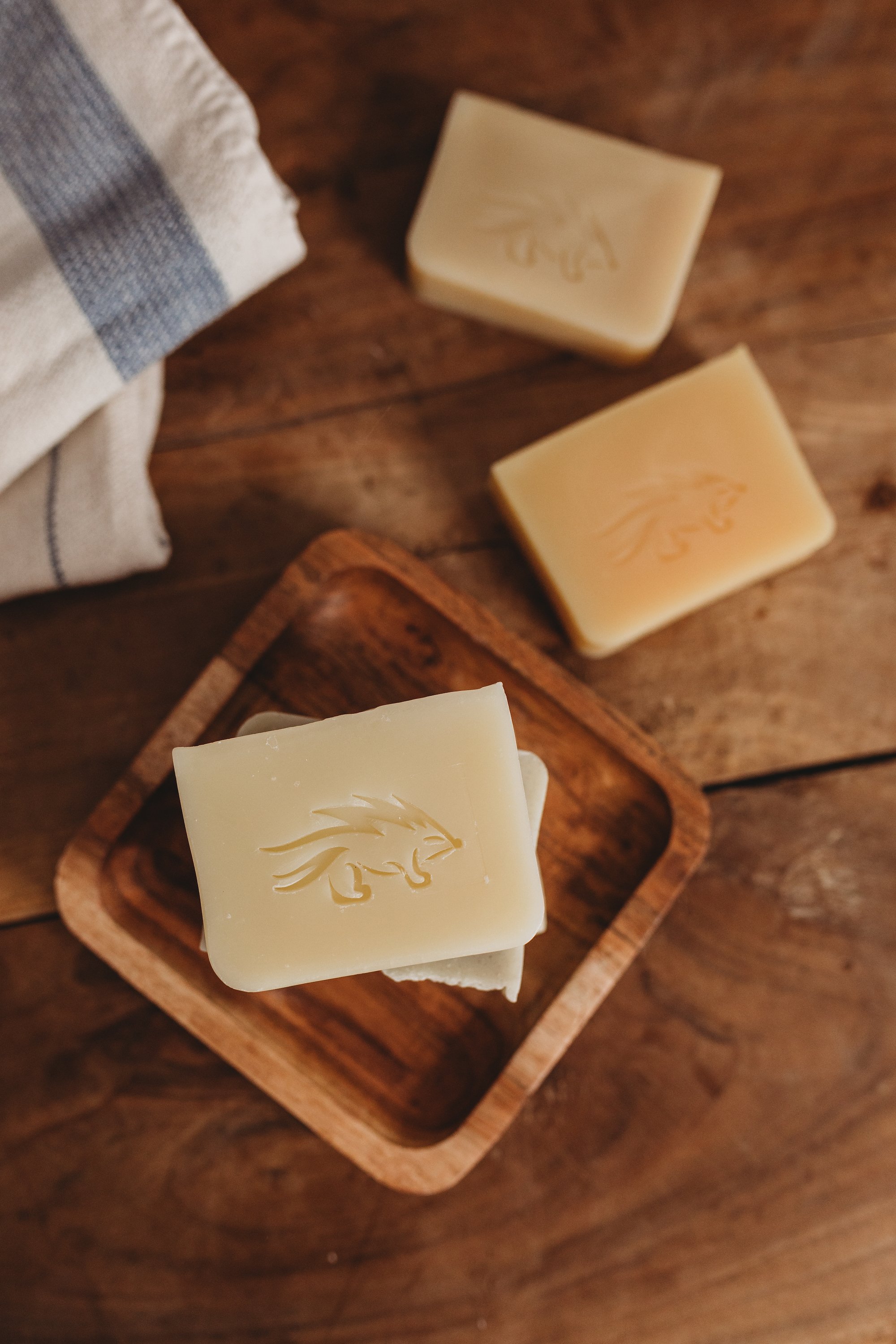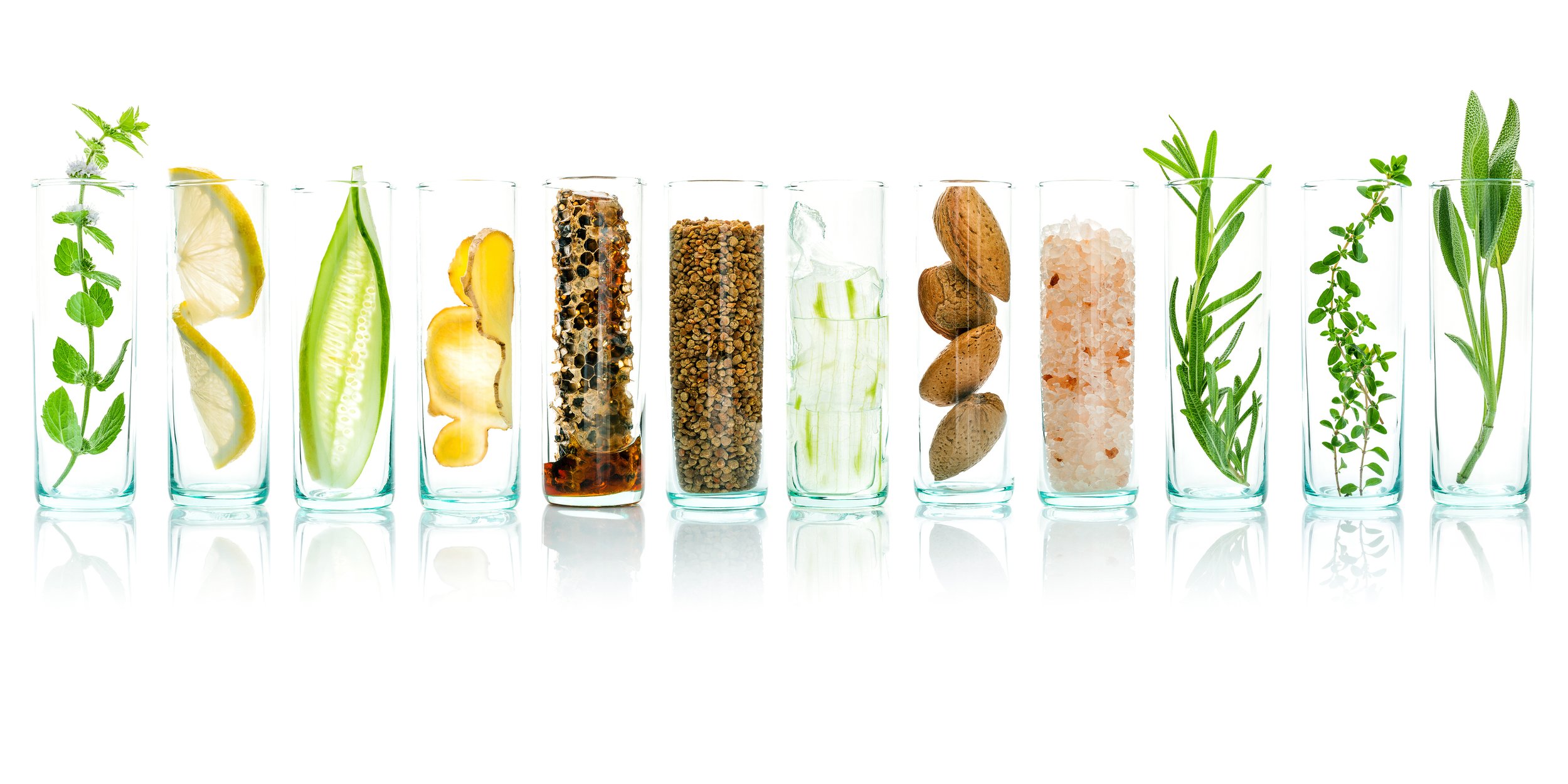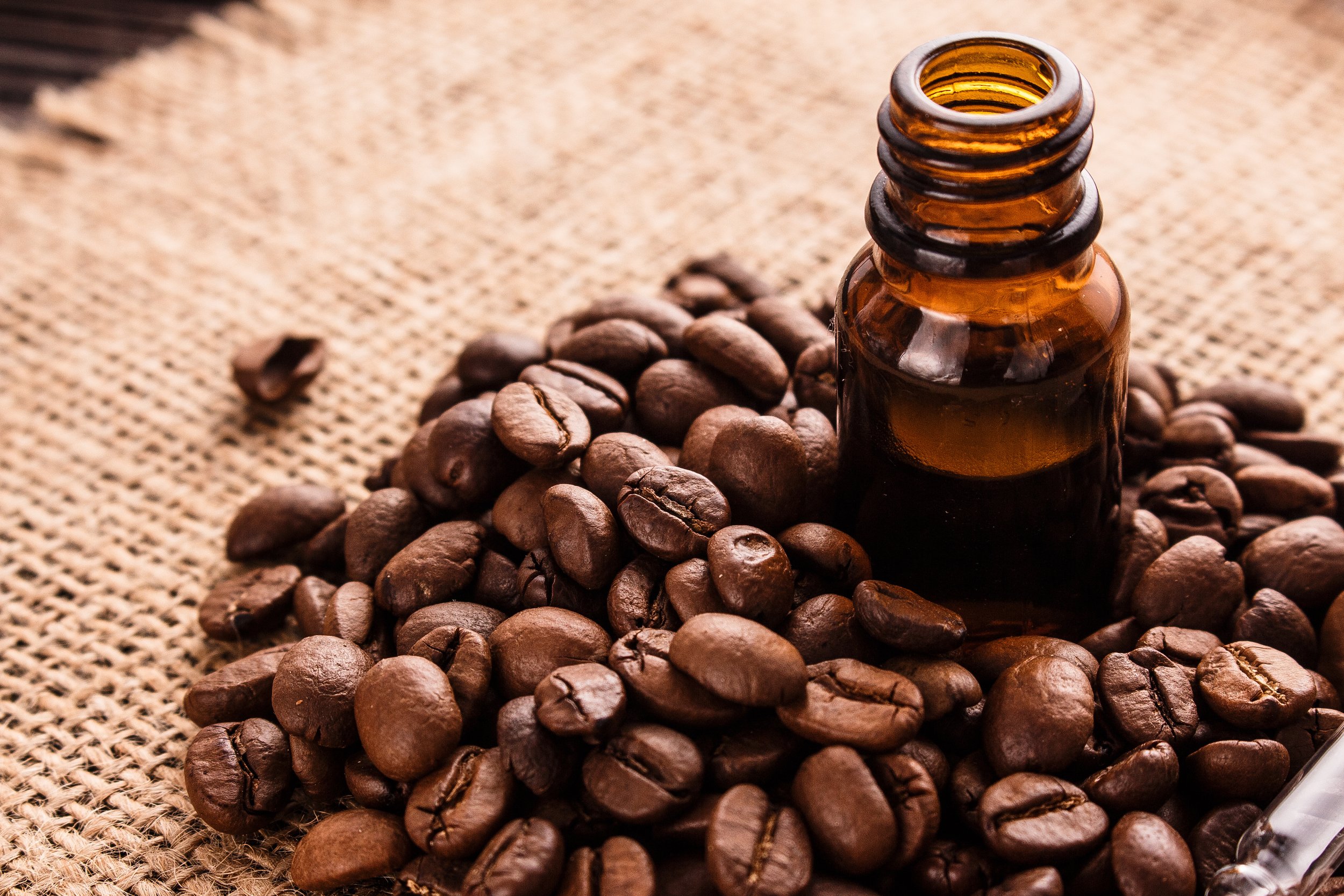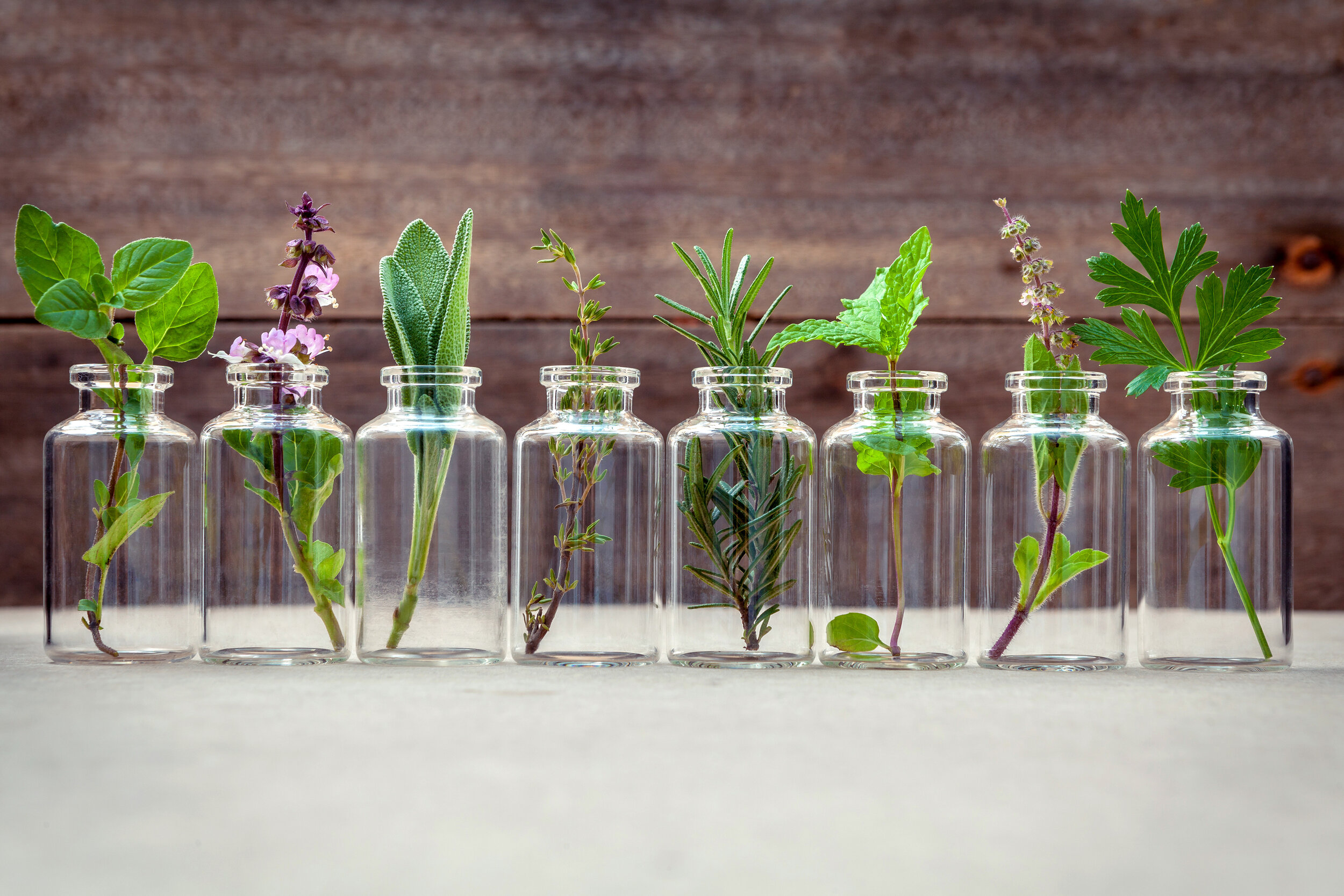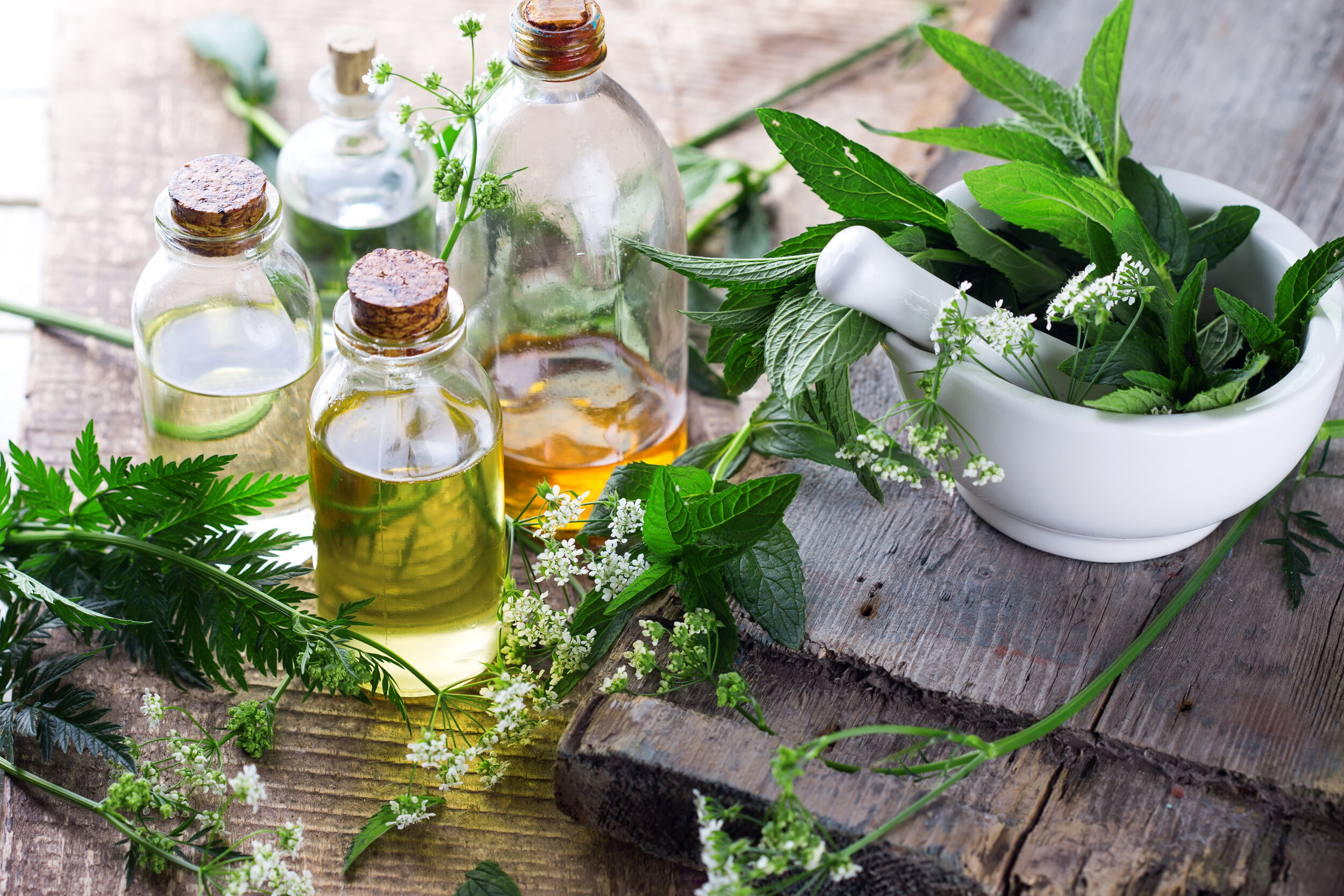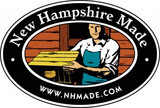Aside from our Pure Tallow soap and Unscented balm, all of our products have essential oils that add to the benefits of tallow. From the zesty allure of citrus oils to the soothing embrace of plant-based oils and the robust richness of pine tar and coffee, each section unveils unique qualities within our soaps and balms. So, let's dive in and discover the transformative power of these natural ingredients on your skin.
Citrus Essential Oils
Citrus essential oils offer more than just a refreshing scent. They contain invigorating properties that contribute to the overall health of your skin.
Antioxidant Boost - Citrus essential oils like lemon, lime, and orange are rich in vitamin C, a natural antioxidant that helps neutralize free radicals. This antioxidant boost protects the skin from environmental stressors and supports collagen production, promoting a more youthful complexion.
Brightening and Revitalizing - Citrus essential oils have natural acids, such as citric acid and alpha-hydroxy acids. These naturally occurring compounds brighten the skin by gently exfoliating dead cells, revealing a radiant and revitalized complexion. These acids also promote cell turnover, diminishing dullness and leaving the skin looking refreshed and renewed.
Cleansing Properties - Citrus essential oils also play a pivotal role in skin cleansing. Their astringent properties make them great for tightening pores and regulating oil production. They also cut through impurities and excess oil, leaving the skin thoroughly cleansed and refreshed. From makeup residue to environmental pollutants, citrus oils can contribute to a clean start for your skin.
Plant-Based Essential Oils
Explore the diverse benefits of plant-based essential oils, such as Lavender, Eucalyptus, Lemongrass, Rosemary, and more.
Lavender's Calming Effect - Lavender essential oil is known for its remarkable ability to calm and soothe the skin, creating relief for skin in need. Whether addressing irritation or simply offering a moment of relaxation, lavender's calming properties make it a gentle companion in your skincare routine, providing a touch of serenity to your daily ritual.
Eucalyptus and Lemongrass Invigoration - Eucalyptus and lemongrass essential oils are known for their energizing aromas that awaken the senses, offering a burst of freshness that lingers on the skin. Eucalyptus and lemongrass promote a feeling of invigoration that goes beyond the surface, making each skincare moment a rejuvenating journey.
Skin Toning & Scent Reducing – Rosemary essential oil is your skin's companion in toning and revitalization. Uncover how this botanical powerhouse aids in improving overall complexion by promoting skin elasticity and tone. It is also great for removing harsh scents from your skin when working in the kitchen or outside.
Exfoliation & More
The transformative properties of coffee essential oil, coffee grinds, pumice, and pine tar essential oil reveal a path to smoother, rejuvenated, and delightfully pampered skin.
Coffee & Pumice for Exfoliation - Indulge in the rejuvenating properties of coffee essential oil as it takes center stage in exfoliation along with our Pumice tallow soap. Pumice and coffee contain a natural grittiness that is perfect for buffing away dead skin cells and revealing a smoother, more radiant complexion beneath.
Pine Tar's Soothing Abilities - Pine tar oil is known to have potent antibacterial and antifungal properties, unveiling its efficacy in addressing a spectrum of skin conditions, including acne and other minor skin ailments. There is also a gentle side of pine tar, which can soothe irritated skin. Over the years, pine tar has become a go-to for sensitive or problematic skin types, offering a calming touch that harmonizes with your skin's natural balance.
Embrace the benefits of these natural ingredients, and let your skincare routine become a daily celebration of self-care. Our commitment to crafting products that reduce unnecessary chemicals and encourage your skin's resilience is unwavering. Here's to radiant, nourished, and healthy skin!

